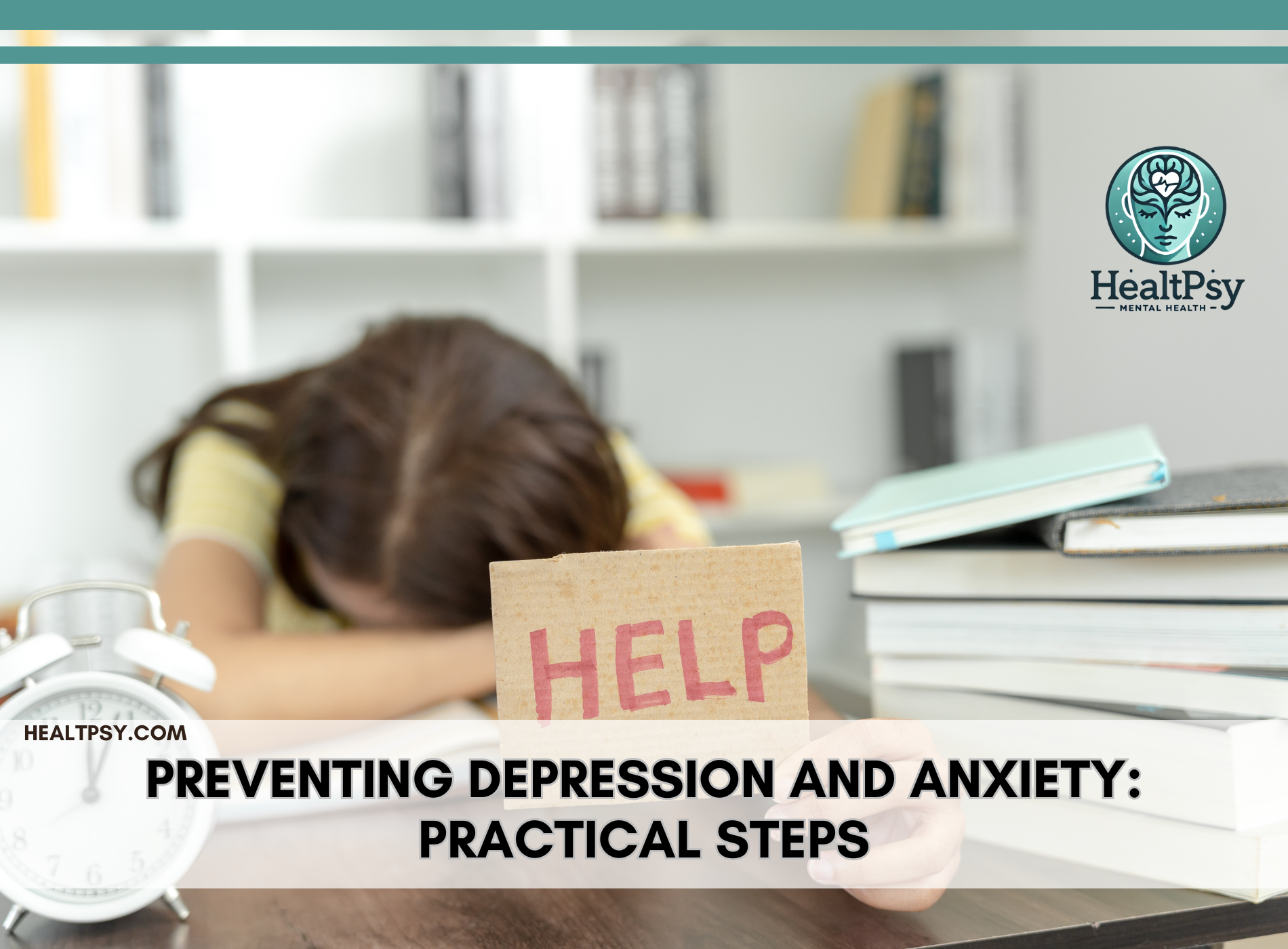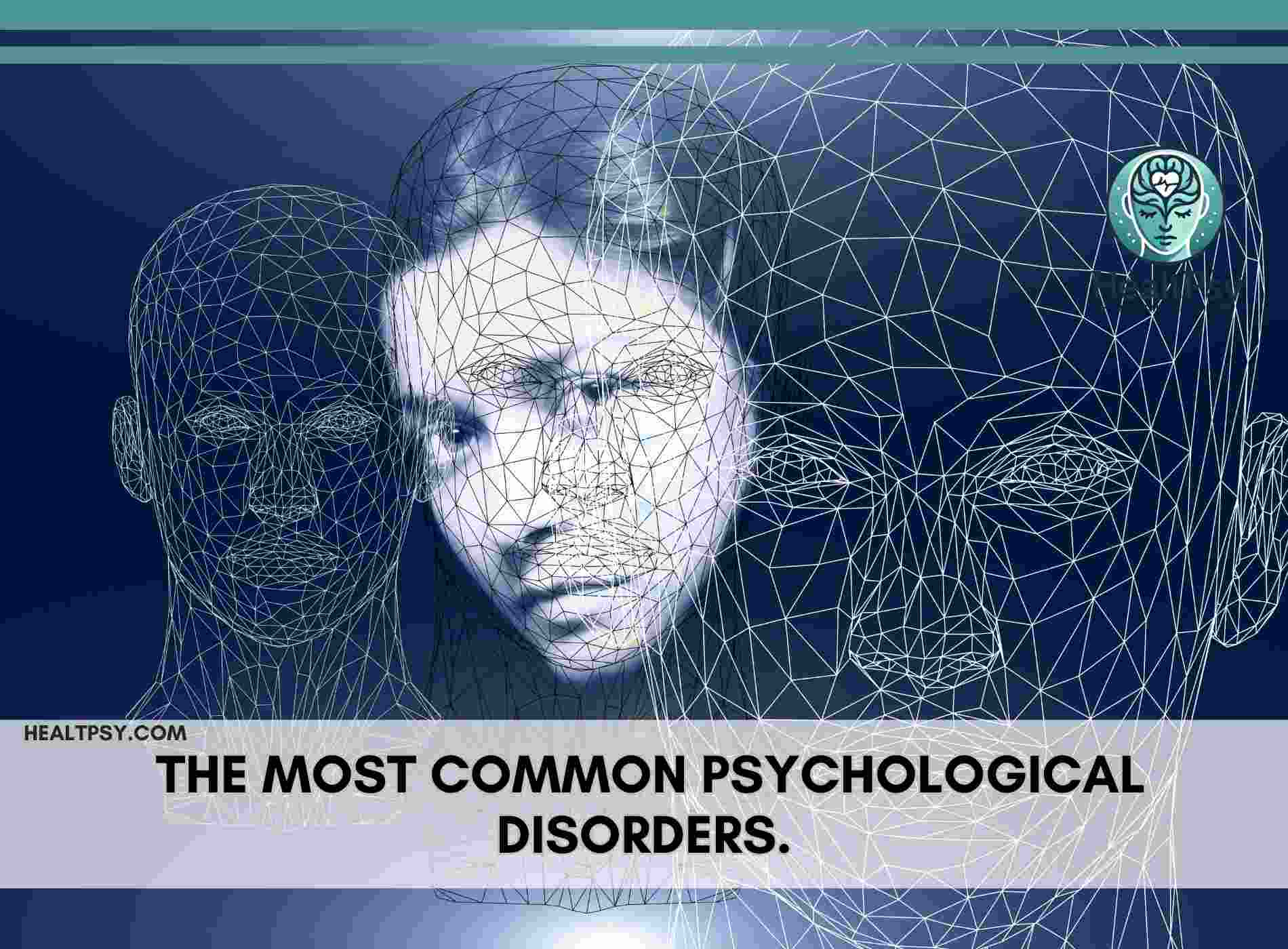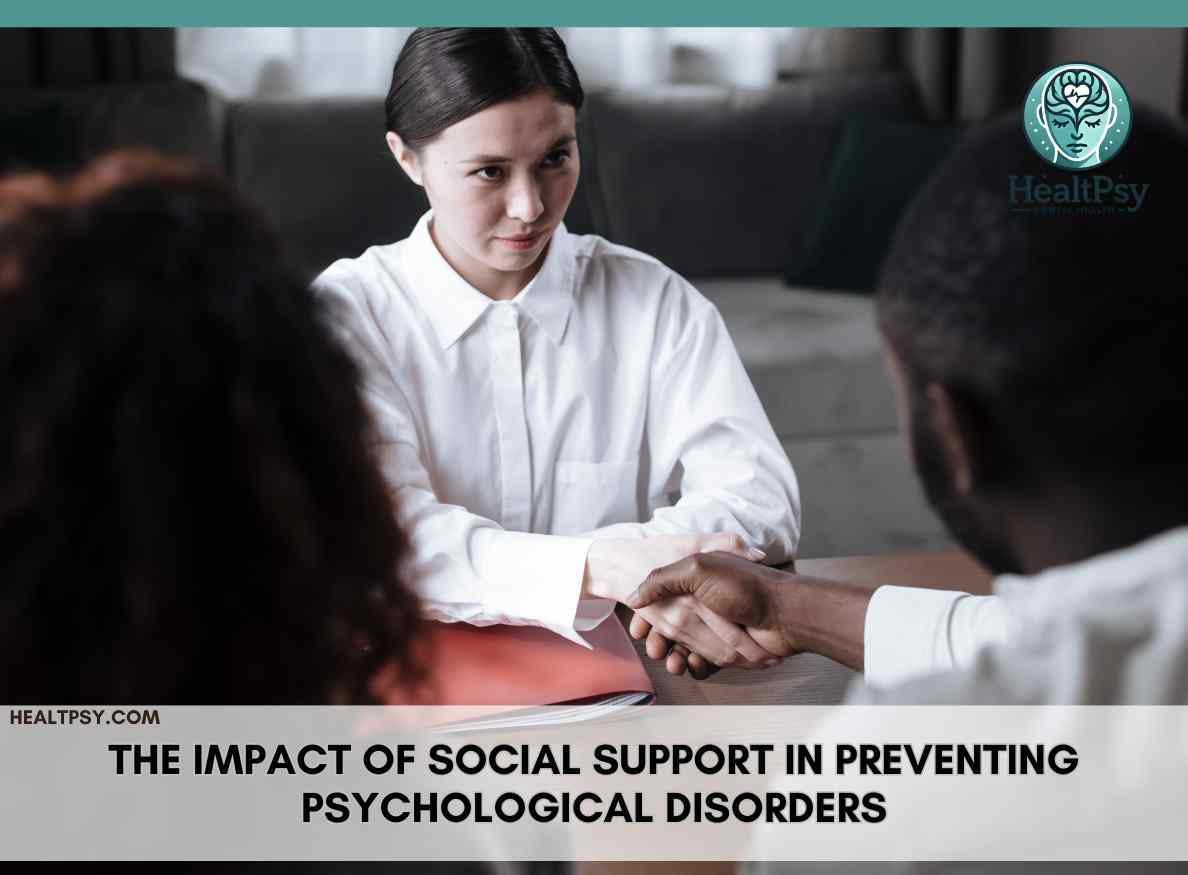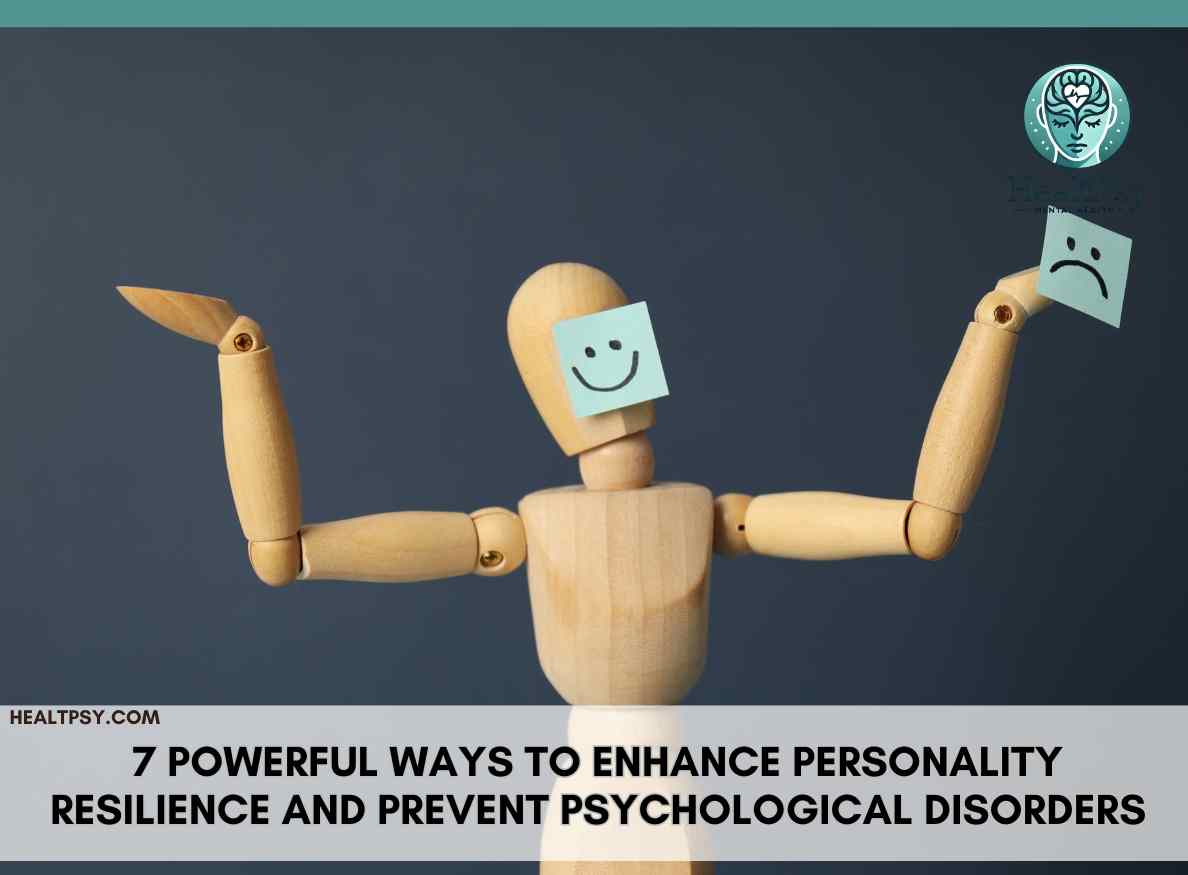5 Practical Steps to Prevent Psychological Issues: Depression and Anxiety
Introduction to Preventing Depression and Anxiety
Understanding Depression and Anxiety
Depression is characterized by persistent feelings of sadness, hopelessness, and loss of interest in activities. Anxiety, on the other hand, involves excessive worry, fear, or nervousness that interferes with daily life. While these conditions are distinct, they often overlap, with many individuals experiencing both simultaneously.
Key Risk Factors in Preventing Depression and Anxiety:
- Biological Factors: A family history of mental health disorders increases susceptibility.
- Environmental Influences: Chronic stress, trauma, and social isolation contribute significantly to the onset of both conditions.
- Lifestyle Choices: Poor diet, lack of exercise, and disrupted sleep patterns exacerbate vulnerability.
Practical Steps to Prevent Depression and Anxiety
1. Adopt Healthy Lifestyle Habits
Maintaining a healthy lifestyle is a cornerstone of mental health prevention.
- Nutrition: A diet rich in omega-3 fatty acids, antioxidants, and whole grains supports brain health. Foods like salmon, walnuts, and dark leafy greens are particularly beneficial.
- Exercise: Regular physical activity releases endorphins, natural mood elevators that combat stress and depression. Aim for at least 30 minutes of moderate exercise, such as walking or cycling, five times a week.
- Sleep Hygiene: Adequate sleep is essential for mental health. Establish a consistent sleep schedule and avoid screens before bedtime to improve sleep quality.
2. Manage Stress Effectively
- Mindfulness Meditation: Practicing mindfulness for 10–15 minutes daily reduces cortisol levels and enhances emotional regulation.
- Deep Breathing Exercises: Techniques like diaphragmatic breathing can instantly lower stress levels.
- Time Management: Prioritize tasks and delegate responsibilities to avoid feeling overwhelmed.
3. Build Emotional Resilience
Resilience acts as a buffer against mental health challenges.
- Practice Positive Thinking: Focus on solutions rather than problems. Cognitive Behavioral Therapy (CBT) techniques, such as reframing negative thoughts, can be practiced independently or with a therapist.
- Develop Social Support Networks: Strong relationships with family and friends provide emotional security and reduce feelings of isolation.
- Set Realistic Goals: Break long-term objectives into smaller, manageable steps to maintain motivation and reduce stress.
4. Limit Negative Influences
In today’s digital age, constant exposure to negative stimuli can harm mental health.
- Social Media Management: Set time limits for social media use and curate your feed to include uplifting, inspiring content.
- News Consumption: Balance staying informed with avoiding excessive exposure to distressing news.
5. Seek Professional Support
Professional guidance is crucial for preventing depression and anxiety. Therapy options like CBT and group therapy provide effective preventive measures, while regular mental health evaluations can help detect early signs.
Preventive Measures for Different Age Groups
1. Children and Adolescents
- Encourage open communication about emotions.
- Provide a structured routine that balances academics, extracurriculars, and relaxation.
- Educate them on healthy coping mechanisms, such as journaling or engaging in creative activities.
2. Adults
- Prioritize work-life balance to reduce stress.
- Engage in community activities to foster a sense of belonging.
- Practice self-care through hobbies, travel, or relaxation techniques.
3. Seniors
- Maintain social connections through community groups or volunteering.
- Address physical health issues promptly, as they can affect mental well-being.
- Encourage mental stimulation through reading, puzzles, or learning new skills.
Scientific Research Supporting Prevention
- Exercise and Mental Health: A study published in JAMA Psychiatry revealed that regular exercise reduces the risk of developing depression by 26%.
- Mindfulness Benefits: Research from the American Psychological Association found that mindfulness-based interventions significantly lower anxiety and stress levels.
- Diet and Depression: The Mediterranean Diet has been linked to a 33% reduction in depression risk, according to a meta-analysis in Molecular Psychiatry.
Resources and Support
Conclusion
Preventing depression and anxiety requires a proactive and holistic approach. By adopting healthy lifestyle habits, managing stress effectively, and building resilience, individuals can protect their mental health and enhance their quality of life. Early intervention, combined with professional support, plays a crucial role in mitigating the impact of these conditions. With consistent effort and the right resources, everyone can take meaningful steps toward a happier, healthier future.
you might also like






